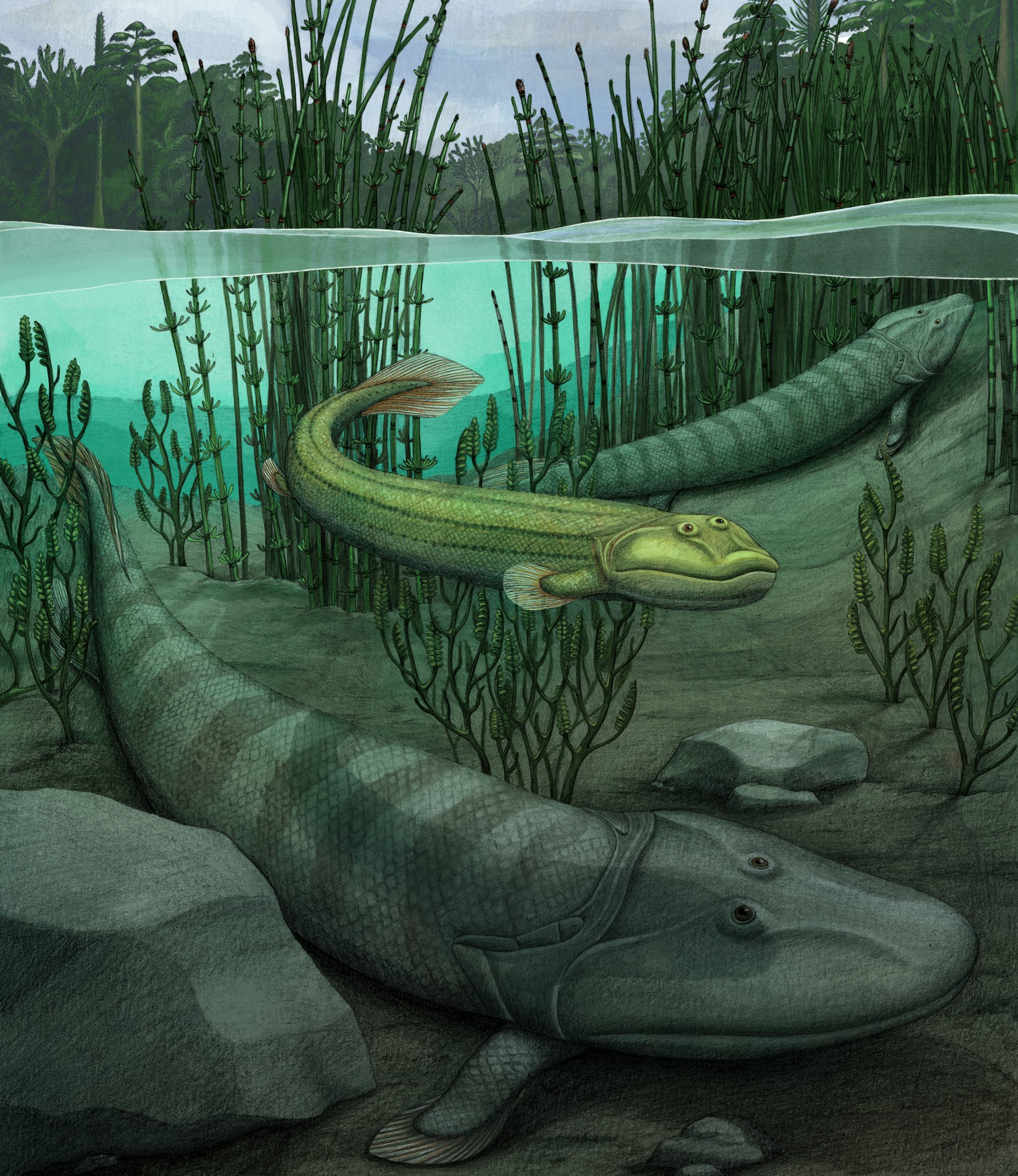Figures provided a few days ago by investigators from the University of California San Diego, show that health care facilities serving underrepresented, rural and hardest-hit communities in the USA were less likely to administer COVID-19 vaccines in the early phase of the vaccine rollout and that the reason could well have been the lower availability of sites having vaccines to administer, rather than vaccine hesitancy or distrust, as has previously been suggested.
In particular, there were significantly fewer vaccination facilities in rural counties that were predominantly black or Hispanic and even where the mortality figures for COVID-19 were highest.
As the UC San Diego press release explains:
When reports showed COVID-19 vaccination rates were lower among racial/ethnic minority groups, most discussions focused on mistrust and misinformation among these populations or their reduced access to health care facilities. But new research from University of California San Diego and collaborating institutions has identified an additional barrier to equity: whether or not each health care facility actually received and administered vaccines.The following charts show the researchers' findings (click the buttons for greater clarity):
[…]
In a study published July 28, 2022 in PLOS Medicine, researchers demonstrated that health care facilities serving underrepresented, rural and hardest-hit communities were less likely to administer COVID-19 vaccines in the early phase of the vaccine rollout.
Led by Inmaculada Hernandez, PharmD, PhD, associate professor of clinical pharmacy at Skaggs School of Pharmacy and Pharmaceutical Sciences at University of California San Diego, the study is the first to quantify disparities in the early distribution of COVID-19 vaccines to health care facilities across the country.
Previous studies of vaccine accessibility have not distinguished whether lower access in underserved neighborhoods was a product of the lower concentration of health care facilities in these areas or of inequities in the distribution of COVID-19 vaccines to each health care facility.
To answer this question, Hernandez and colleagues tested whether the likelihood of an eligible health care facility administering COVID-19 vaccines varied based on the racial/ethnic composition and urbanicity of the local county. The team focused on the initial phase of vaccine rollout, using data from May 2021 when states were officially required to make vaccines available to the public.
At that time, 61 percent of eligible health care facilities and 76 percent of eligible pharmacies across the U.S. provided COVID-19 vaccinations. When researchers began comparing these rates with the socioeconomic features of the county each facility was located in, several patterns emerged.
Facilities in counties with a high proportion of Black people were less likely to serve as COVID-19 vaccine administration locations compared to facilities in counties with a low proportion of Black people. This was particularly the case in metropolitan areas, where facilities in urban counties with large Black populations had 32 percent lower odds of administering vaccines compared to facilities in urban counties with small Black populations.Both the national policy and public opinion agreed that vaccine distribution should prioritize disadvantaged communities and those hit hardest by COVID-19, but the data shows that is not what happened.
Dr Inmaculada Hernandez, PharmD, PhD, lead author
Associate professor of clinical pharmacy
Skaggs School of Pharmacy and Pharmaceutical Sciences
University of California San Diego, San Diego, CA, USA
Facilities in rural counties and in counties hardest hit by COVID-19 were also associated with decreased odds of serving as a COVID-19 vaccine administration location. In rural counties with a high proportion of Hispanic people, facilities had 26 percent lower odds of administering vaccines compared to facilities in rural counties with a low proportion of Hispanic people.To achieve health equity in future public health programs, including the distribution of booster shots, it is crucial that public health authorities review these early COVID-19 distribution plans to understand how and why this happened.
Dr Jingchuan (Serena) Guo, MD, PhD, senior author
Assistant professor
University of Florida, FL, USA
Further research is necessary to identify the reasons why vaccines were not equitably distributed to all health care facilities and how the involvement of these facilities evolved across subsequent phases of vaccine distribution, the authors said.

The figure shows the results of logistic regression models fitted with generalized estimating equations for the primary outcome of a healthcare facility (or a pharmacy) serving as a COVID-19 vaccine administration location. The model only included main effects. All healthcare facilities included pharmacies, FQHCs, RHCs, and HODs. The circles represent the point estimate for the odds ratio, and the whiskers represent the 95% confidence interval. COVID-19, Coronavirus Disease 2019; FQHC, federally qualified health center; HOD, hospital outpatient department; RHC, rural health clinic.

The figure shows the results of logistic regression models fitted with generalized estimating equations for the primary outcome of a healthcare facility (or a pharmacy) serving as a COVID-19 vaccine administration location. All healthcare facilities included pharmacies, FQHCs, RHCs, and HODs. The model adjusted for all covariates listed in Fig 1. Additionally, the model constructed for all healthcare facilities included an indicator variable for facility type (pharmacy vs. others). The circles represent the point estimate for the odds ratio, and the whiskers represent the 95% confidence interval. COVID-19, Coronavirus Disease 2019; FQHC, federally qualified health center; HOD, hospital outpatient department; RHC, rural health clinic.

The figure shows the results of logistic regression models fitted with generalized estimating equations for the primary outcome of a healthcare facility (or a pharmacy) serving as a COVID-19 vaccine administration location. All healthcare facilities included pharmacies, FQHCs, RHCs, and HODs. The model adjusted for all covariates listed in Fig 1. Additionally, the model constructed for all healthcare facilities included an indicator variable for facility type (pharmacy vs. others). The circles represent the point estimate for the odds ratio, and the whiskers represent the 95% confidence interval. COVID-19, Coronavirus Disease 2019; FQHC, federally qualified health center; HOD, hospital outpatient department; RHC, rural health clinic.
AbstractFrom these figures it is clear that there was a differential in the availability of vaccines between the wealthier, white and less deprived areas of the USA and the predominantly black, deprived areas and that even differences in mortality rates did not reverse that trend. It is also clear that there was a differential based on voting patterns in the 2020 presidential elections.
Background
The US Centers for Disease Control and Prevention has repeatedly called for Coronavirus Disease 2019 (COVID-19) vaccine equity. The objective our study was to measure equity in the early distribution of COVID-19 vaccines to healthcare facilities across the US. Specifically, we tested whether the likelihood of a healthcare facility administering COVID-19 vaccines in May 2021 differed by county-level racial composition and degree of urbanicity.
Methods and findings
The outcome was whether an eligible vaccination facility actually administered COVID-19 vaccines as of May 2021, and was defined by spatially matching locations of eligible and actual COVID-19 vaccine administration locations. The outcome was regressed against county-level measures for racial/ethnic composition, urbanicity, income, social vulnerability index, COVID-19 mortality, 2020 election results, and availability of nontraditional vaccination locations using generalized estimating equations.
Across the US, 61.4% of eligible healthcare facilities and 76.0% of eligible pharmacies provided COVID-19 vaccinations as of May 2021. Facilities in counties with >42.2% non-Hispanic Black population (i.e., > 95th county percentile of Black race composition) were less likely to serve as COVID-19 vaccine administration locations compared to facilities in counties with >12.5% non-Hispanic Black population (i.e., lower than US average), with OR 0.83; 95% CI, 0.70 to 0.98, p = 0.030. Location of a facility in a rural county (OR 0.82; 95% CI, 0.75 to 0.90, p < 0.001, versus metropolitan county) or in a county in the top quintile of COVID-19 mortality (OR 0.83; 95% CI, 0.75 to 0.93, p = 0.001, versus bottom 4 quintiles) was associated with decreased odds of serving as a COVID-19 vaccine administration location.
There was a significant interaction of urbanicity and racial/ethnic composition: In metropolitan counties, facilities in counties with >42.2% non-Hispanic Black population (i.e., >95th county percentile of Black race composition) had 32% (95% CI 14% to 47%, p = 0.001) lower odds of serving as COVID administration facility compared to facilities in counties with below US average Black population. This association between Black composition and odds of a facility serving as vaccine administration facility was not observed in rural or suburban counties. In rural counties, facilities in counties with above US average Hispanic population had 26% (95% CI 11% to 38%, p = 0.002) lower odds of serving as vaccine administration facility compared to facilities in counties with below US average Hispanic population. This association between Hispanic ethnicity and odds of a facility serving as vaccine administration facility was not observed in metropolitan or suburban counties.
Our analyses did not include nontraditional vaccination sites and are based on data as of May 2021, thus they represent the early distribution of COVID-19 vaccines. Our results based on this cross-sectional analysis may not be generalizable to later phases of the COVID-19 vaccine distribution process.
Conclusions
Healthcare facilities in counties with higher Black composition, in rural areas, and in hardest-hit communities were less likely to serve as COVID-19 vaccine administration locations in May 2021. The lower uptake of COVID-19 vaccinations among minority populations and rural areas has been attributed to vaccine hesitancy; however, decreased access to vaccination sites may be an additional overlooked barrier.
Author summary
Why was this study done?
What did the researchers do and find?
- Equity in the distribution of Coronavirus Disease 2019 (COVID-19) vaccine is of major relevance.
- It is unknown whether there were differences in the distribution of COVID-19 vaccines to healthcare facilities depending on the demographic composition of the population.
What do these findings mean?
- We tested whether healthcare facilities serving minority or disadvantaged neighborhoods were less likely to administer COVID-19 vaccines in the early phase of the COVID-19 vaccine rollout process.
- We found that healthcare facilities in counties with higher Black composition, in rural areas, and in hardest-hit communities were less likely to administer COVID-19 vaccines in May 2021.
- There were disparities in the early distribution of COVID-19 vaccines to healthcare facilities across the country.
Hernandez I, Dickson S, Tang S, Gabriel N, Berenbrok LA, Guo J (2022)
Disparities in distribution of COVID-19 vaccines across US counties: A geographic information system–based cross-sectional study.
PLoS Med 19(7): e1004069. DOI: 10.1371/journal.pmed.1004069
Copyright: © 2022 The authors.
Published by PLoS. Open access
Reprinted under a Creative Commons Attribution 4.0 International license (CC BY 4.0)
More research is now needed to determine whether this was due to political/racial prejudice on behalf of the suppliers or on behalf of the local authorities responsible for requesting supplies of the vaccine and providing facilities for their administration, and to what extent Donald Trump's disastrous lead in downplaying the seriousness of the pandemic to cover for his own incompetence, played a part in this disparity.
But, whatever the cause, it is clear that, in the early phase of the vaccine roll-out, there was not equitable distribution of the vaccines and that racial minorities and people in deprived areas of the USA and in Trump-supporting counties were least likely to get them.






































